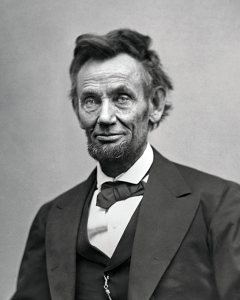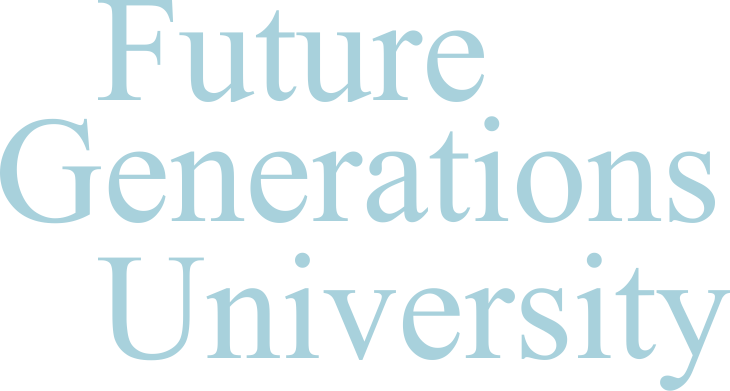Summary from Just and Lasting Change by Associate Professor, Noam Schimmel

About Abraham Lincoln so much has been written it appears unlikely that there is more to say about him that might be new to readers. But, there is a part of Lincoln’s legacy that is genuinely underexplored and not widely known and it merits attention.
Lincoln was committed to advancing human development in a young United States in a way that was deeply democratic, progressive, and marshalled human resources in innovative ways that were ground-breaking and far-reaching for his time. The legacies of the policies and programs he advanced remain as defining features of American life today, and he had an animating vision of unity in diversity that informed those policies and programs.
We take the holiday of Thanksgiving for granted; it has become one of the defining features of American cultural life. Whatever one’s religion, ethnicity, politics, heritage – wherever one comes from – Thanksgiving is widely celebrated by a huge cross-section of Americans.
What many don’t know is that we owe Thanksgiving to Lincoln, who set it aside as a holiday of thanks that he had the foresight to recognize would unite Americans despite their many divisions. To this day, it continues to do so and to bind Americans across boundaries of difference, both real and imagined, small and profound.
Advancing educational opportunity was a paramount concern for Lincoln. By the end of the Civil War, Daniel Taylor writes that all states except three had compulsory public education laws. The 1862 Land-Grant Colleges Act (the Morrill Act) had a major impact on expanding education in the United States and making it affordable and accessible to a wide cross-section of the American people. Low cost higher education now was opened to many Americans whereas in the past, it was primarily the wealthy who enjoyed educational opportunity because only they could afford the expensive costs of private university education.
Although it is of less significance today, to expand the opportunity of Americans to save their funds in banks and to have access to banking services, Lincoln’s government empowered post offices to issue money orders. Taylor writes on the subject, “Money orders gave ordinary citizens a way to conduct financial transactions in another community, a move that especially helped rural people at a time when barter was still common.”
Taylor observes that the significance of Lincoln’s policies and philosophy of governance was dramatic and sustained and offers us lessons for successful governance and community development today that is genuinely empowering, emancipatory, and democratically grounded in values of equity, opportunity, and freedom to enable human development.
“Lincoln’s initiatives strengthened the country by using the government to create a context that supported community action. He viewed government as a means of enabling ordinary people. He worked to create an environment in which communities could evolve their own solutions. He did not give gifts or initiate special services (actions that progressive today often promote.) Instead, he tried to transition toward making government a helpful force.”
There were many other areas in which Lincoln expanded opportunity to Americans who had previously been limited in access to resources that would advance their freedoms and capabilities to develop.
He expanded opportunities for farmers by creating the Department of Agriculture which assisted farmers in expanding agricultural productivity and thus enhancing their income and improving food security for Americans.
Even the modern post office as we know it today owes much of its current character and the ease with which we can mail a letter and be assured of its delivery hundreds or several thousand miles away just a few days later in large part thanks to Lincoln.
His investments in expanding postal services, again – with awareness for how communication and connection advance human welfare and create vastly expanded social and economic opportunities – were fundamental to the postal services we are so used to and take no notice of as being anything out of the ordinary.
But, at one point, they were indeed an innovation and a fundamental change for the better.
So the next time we sit down for a Thanksgiving meal, send a letter to a friend or pay a bill the old-fashioned way, enjoy the fruits of the research and teaching of our nation’s public universities, and take for granted and enjoy the bounties of our agricultural produce we can and should remind ourselves that much of what we benefit from today had its origins and its growth in the democratic vision and values of Abraham Lincoln.
His concern for using government to enhance opportunity for Americans to develop socially and economically and to enhance their well being both as individuals and as a society has left a transformative and positive legacy for all Americans today.



